
By Andrew Kweku CONDUAH
The Accra–Kumasi highway is Ghana’s economic spine. It connects our two largest cities, carries more than 30% of national trade, and serves as the lifeline for cocoa, food crops, petroleum products, and manufactured goods. Yet after seventeen years of stop–start construction, the dualisation project remains incomplete.
This delay is not just an infrastructure problem. It is an economic crisis. According to the World Health Organization (WHO), Ghana loses about 1.6% of GDP annually to road crashes — a figure that rivals our education budget. The Accra–Kumasi corridor, one of the deadliest highways, magnifies these losses through fatalities, injuries, and disrupted commerce.
The Economic Cost of Road Insecurity
- Labour loss: NRSA data shows more than 1,500 road deaths in the first half of 2025. Most victims are working-age, cutting directly into productivity.
- Insurance payouts: NIC annual reports show rising motor insurance claims, draining capital that could otherwise fuel investment.
- Trade disruption: Frequent crashes slow freight movement, raise logistics costs, and diminish Ghana’s competitiveness under AfCFTA.
- Investor confidence: Unsafe roads raise transaction costs for multinationals and logistics firms evaluating Ghana as a hub.
Each crash is not just a tragedy; it is a measurable hit to competitiveness.
A Broken Business Model of Road Safety
Four institutions dominate Ghana’s road safety ecosystem:
- NRSA coordinates policy, but lacks enforcement teeth.
- DVLA licenses drivers and vehicles, but corruption and weak inspection allow unqualified drivers and unsafe vehicles onto roads.
- Police/MTTD enforce traffic laws, but inconsistent application and “spot fines” erode deterrence.
- Ministry of Roads builds and maintains infrastructure, yet projects stall across election cycles.
Together, this is a misaligned business model: inputs are weak, outputs are deadly. Road safety is treated as a social issue, not a strategic enabler of productivity and trade.
Lessons from Elsewhere
Kenya’s dualisation of the Nairobi–Mombasa corridor sharply reduced fatalities and cut freight times. South Africa’s N1 upgrades improved both safety and regional trade flow. Nigeria’s Lagos and Abuja light rail systems, and Senegal’s Dakar TER, show that even within West Africa, urban rail is being used to ease pressure on roads.
While peers like Kenya, South Africa, and Nigeria are investing in rail, fewer than 2 in 10 African countries have functional systems, and Ghana is not one of them. This dependence on highways like Accra–Kumasi magnifies the economic cost of every delay and every crash.
Policy Pathways Forward
- Fast-track completion of the Accra–Kumasi dualisation – treat it as an AfCFTA trade corridor, not a partisan project.
- Align institutions – NRSA, DVLA, Police, and Roads Ministry must integrate their mandates into a functional safety model.
- Reform enforcement – digitise fines and link to insurance databases to reduce corruption and repeat offences.
- Introduce insurance incentives – reward safe fleets and penalise high-risk operators, aligning business interest with road safety.
- Integrate data systems – publish open crash, licensing, and claims data to drive transparency and accountability.
Conclusion – Safety as Strategy
Seventeen years of delay on the Accra–Kumasi dualisation is not only a matter of missed deadlines; it is a story of lost lives, lost trade, and lost competitiveness. Road safety is not a “social issue” on the periphery of development. It is a strategic economic imperative.
For Ghana to realise its AfCFTA ambitions and build investor confidence, we must stop treating safety as charity and start treating it as a core business strategy. Each year of delay is not only measured in kilometres unbuilt, but in lives cut short and billions quietly lost.
Andrew is a Research Fellow at the Institute of Work, Employment & Society (IWES) and a faculty member of the Faculty of Management Studies, University of Professional Studies, Accra (UPSA). He is affiliated with the Regional Institute for Population Studies (RIPS), University of Ghana, and is a member of the Association of Ghana’s Elders (AGES). His research spans business policy, business ethics, corporate social responsibility, ageing, and public health in Africa.
The post Road safety as an economic imperative: Why Ghana Cannot Afford Seventeen Years of Delay on the Accra–Kumasi Highway appeared first on The Business & Financial Times.
Read Full Story
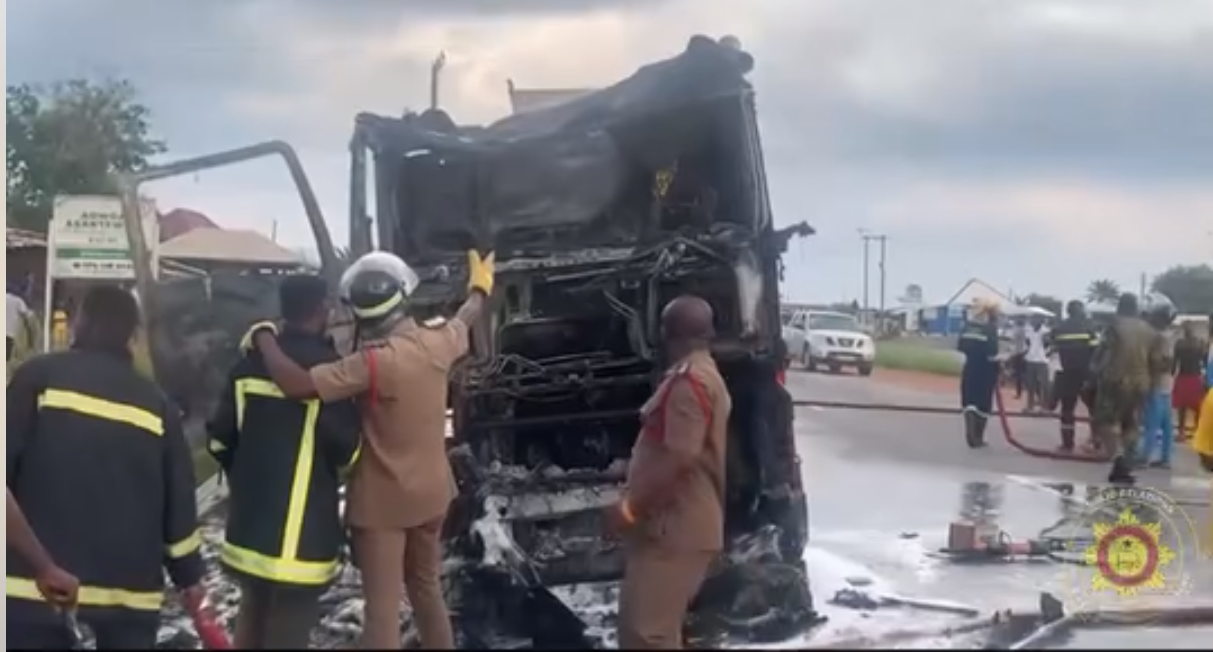
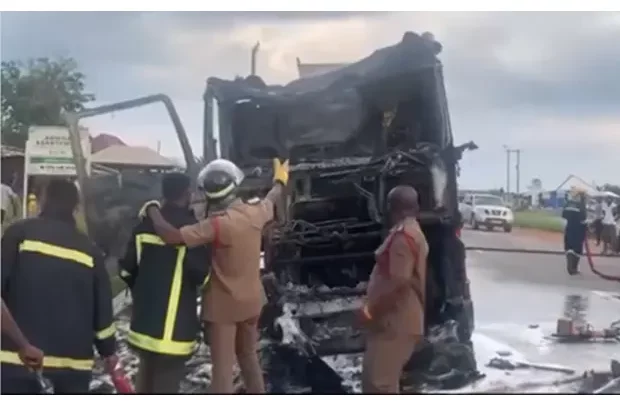


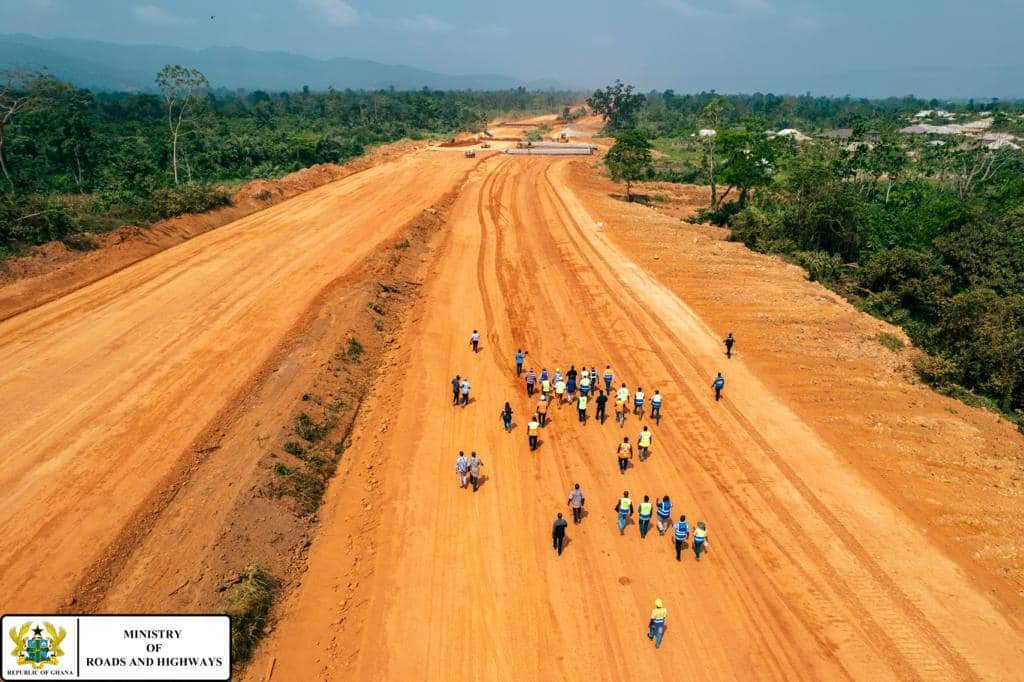
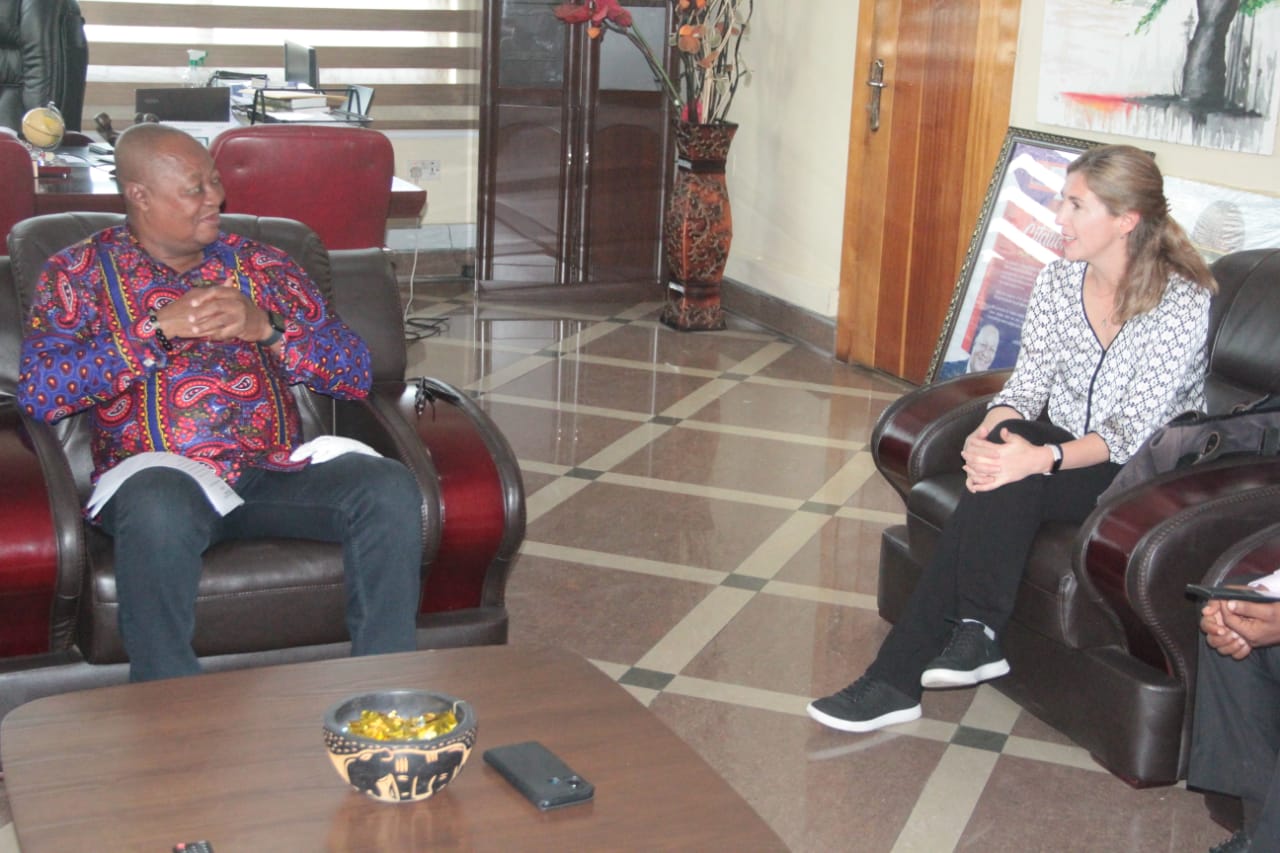




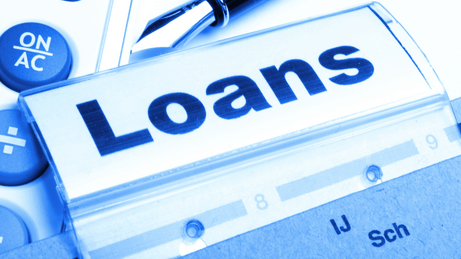

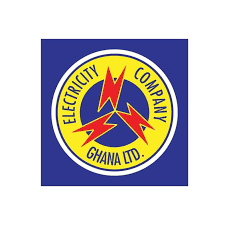


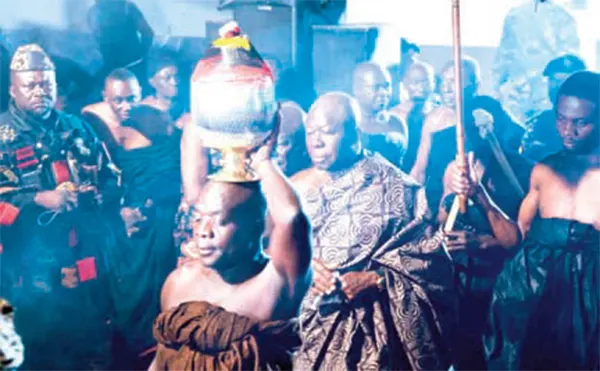



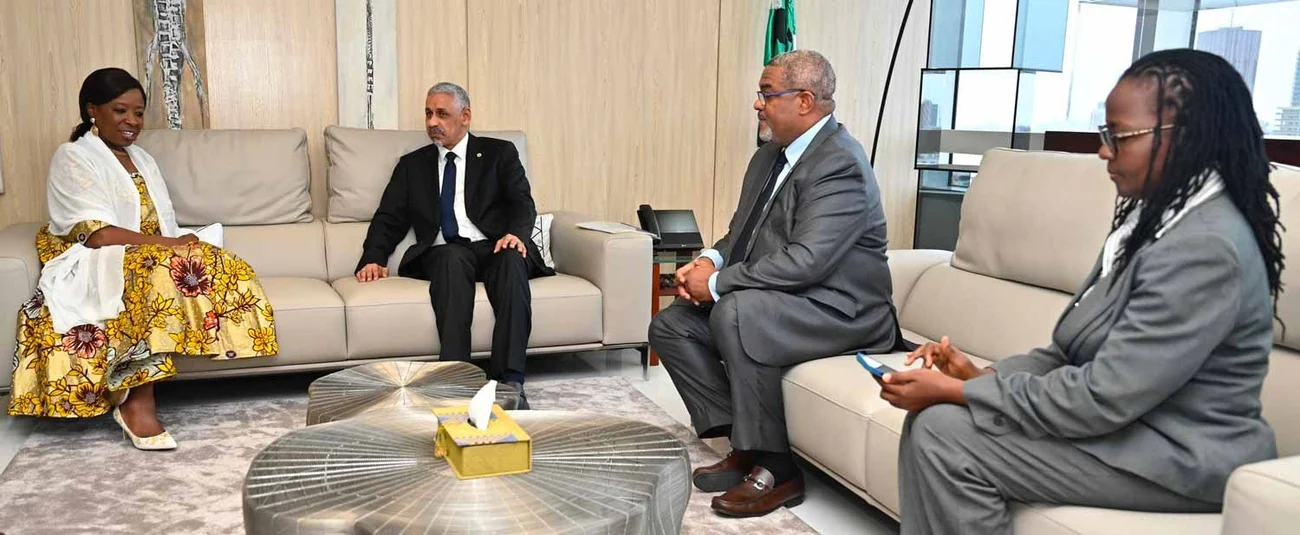
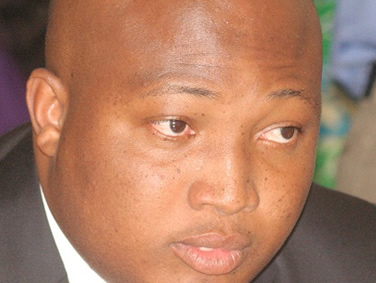
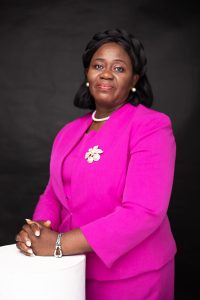
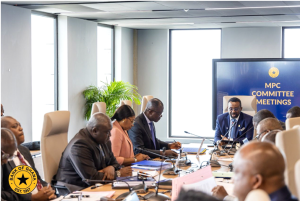

Facebook
Twitter
Pinterest
Instagram
Google+
YouTube
LinkedIn
RSS